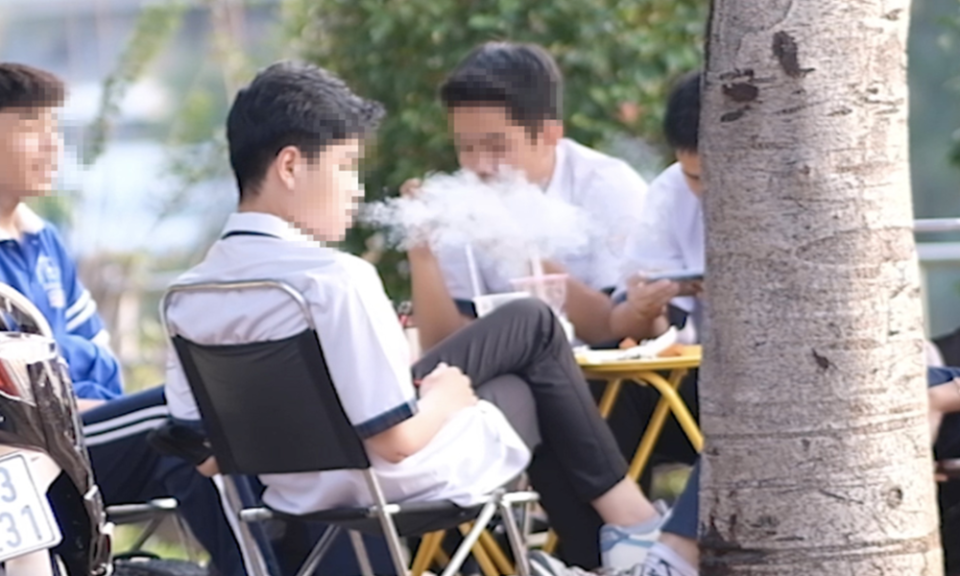The Education Ministry has partnered with the Commerce Ministry to grant teachers nationwide the legal authority to confiscate e-cigarettes in schools.
Thee Pawangkanan, deputy secretary-general of the Office of the Basic Education Commission (Obec), expressed concern over the rising use of e-cigarettes, baraku, and e-baraku among children and teenagers, noting that students continue to bring these items to school. He emphasized that smoking e-cigarettes is detrimental to their health, intellectual, and emotional development.
Although Obec collaborates closely with police to prevent and monitor e-cigarette use, including conducting raids on shops near schools, the problem persists. Teachers have lacked the authority to seize e-cigarettes directly from students and parents, instead needing police assistance for such actions.
To address this, the Education and Commerce Ministries have now empowered teachers, educational staff, and school directors to confiscate e-cigarettes and barakus found in schools, as these items violate Section 17 of the Export and Import of Goods Act (1979).
Mr. Thee described this as a proactive measure to suppress e-cigarette use in schools, stating it will not add to teachers’ workload since safeguarding students is already part of their responsibilities.
This initiative follows a recent directive by Bangkok governor Chadchart Sittipunt, which made schools run by the Bangkok Metropolitan Administration e-cigarette-free zones. The directive grants schools full authority to check students’ bags for e-cigarettes, confiscate them, and educate students about the health risks associated with vaping products.




